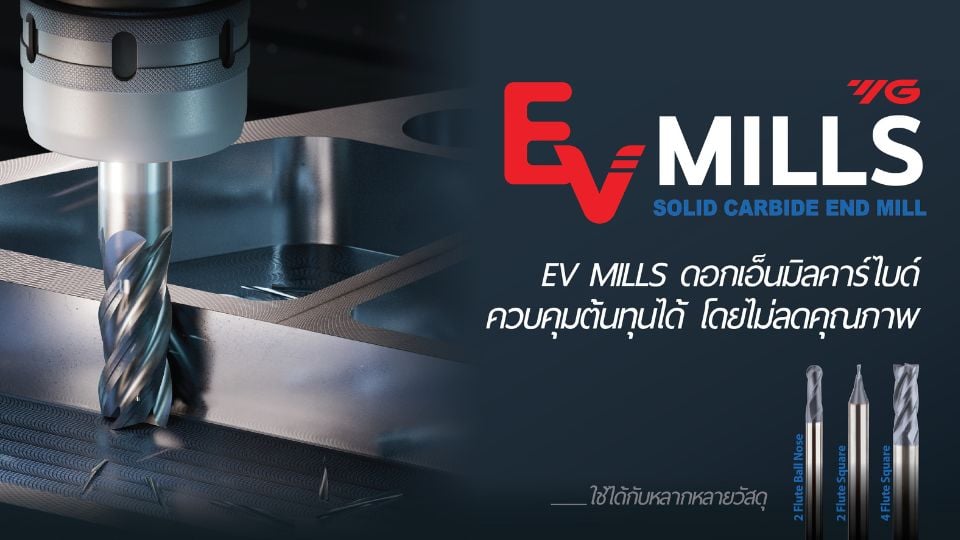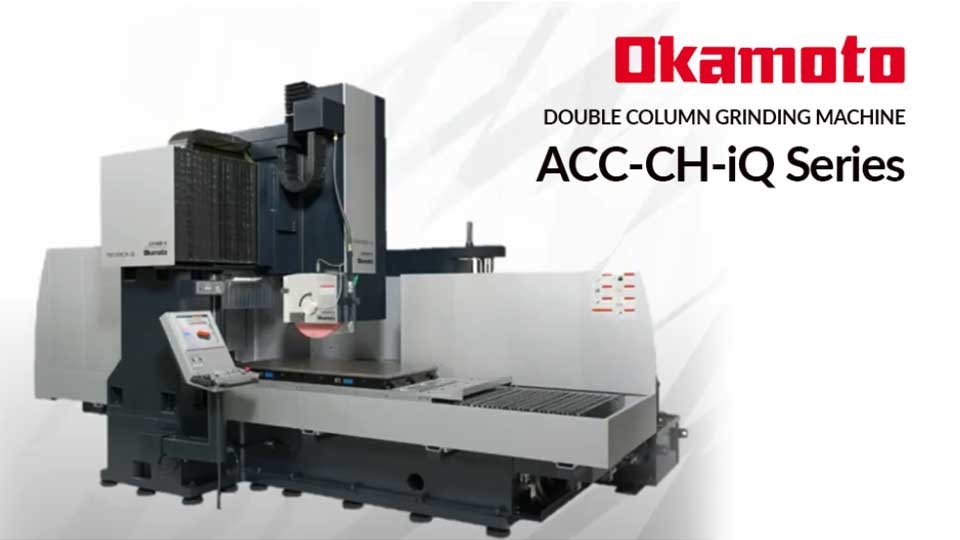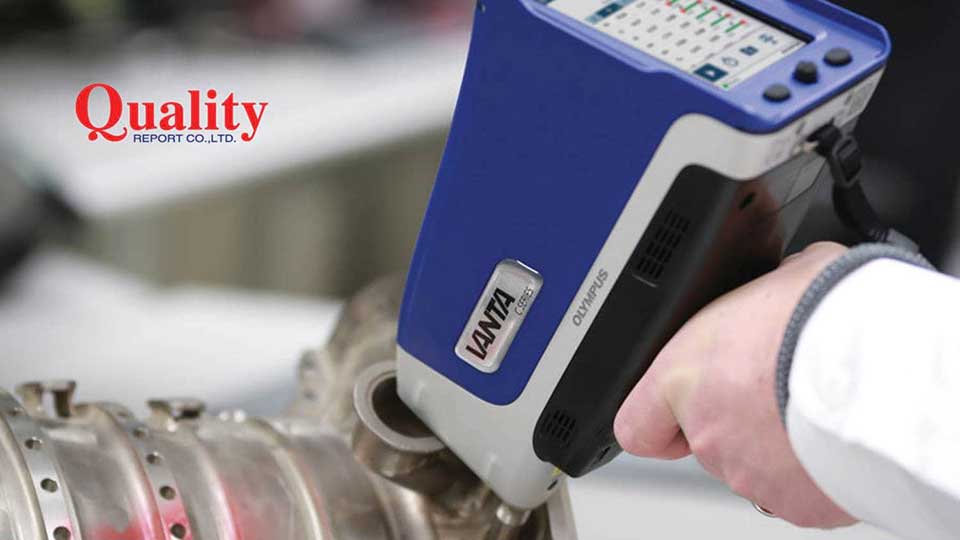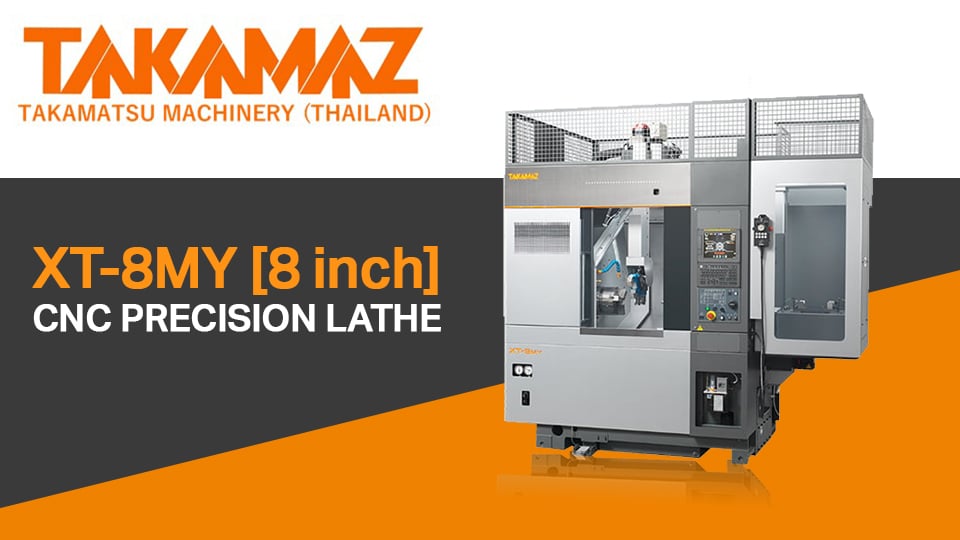Super Cycle – Concept That Tokyo Electron Should Not Overlook
“Super Cycle” is now a more widely-known concept related to a long-term continual increase in a demand for semiconductors. In the past, it had been projected that such demand would reach a peak during the 2020 Summer Olympics Games before it would suddenly drop according to the “Silicon Cycle.” Nonetheless, the innovation of the IoT brought about a continually higher demand for semiconductors as well as related materials, urging many companies to reinforce their production capacity. One of these companies is Tokyo Electron.
Breaking a sales record
According to a survey by Semiconductor Equipment and Materials International (SEMI), in California, USA, the global sales volume of semiconductor manufacturing equipment in 2017 reached 56.6 billion dollars (or 6 trillion yen), 37% higher than that in 2016, setting a new sales record in the past 17 years.
Mr. Toshiki Kawai, the CEO of Tokyo Electron, the leader in semiconductor manufacturing equipment in Japan with production bases in many provinces such as Yamanashi prefecture and Miyagi prefecture, etc., contemplated that the semiconductor industry moving toward Super Cycle that saw a significant growth is Deposition Equipment and Etching Equipment on the wafer.
Tokyo Electron Technology Solutions is responsible for the production of film Deposition Equipment. The company merged "Tokyo Electron Yamanashi" and "Tokyo Electron Tohoku" in 2017.
Such higher demand for the equipment, the company decided to increase the production rate of the Single Wafer Processing Equipment at two locations: originally only in Yamanashi prefecture and now in Iwate prefecture.
Meanwhile, Tokyo Electron Miyagi is responsible for the production of Etching Equipment, with an investment of 10 billion yen in new facilities used in research and development especially for semiconductor manufacturing, expected to complete in September this year.
Increasing production capacity
At present, Tokyo Electron Miyagi are attempting to improve its production capacity by planning to install more robots and automated product-transporting vehicles in June and transporting equipment stored outside the production bases to the newly-constructed facilities in January. In addition, to double the production capacity, the company needs to increase its production line.
However, another major challenge for the semiconductor industry is labor shortages. The SEMI’s report in January revealed that the global labor shortages would be over 10,000 people.
Under such circumstances, Tokyo Electron focused more on effective work process, great performance and maximized production capacity in a global scale. Today, the company is also planning to recruit Japanese university students across the nation to participate in their activities.
The IoT technology has been developed to be more advanced now, which has certainly led to more evolved semiconductor manufacturing equipment. CEO Kawai stressed that “at Tokyo Electron, we are one of the companies that will improve the quality of people’s life in the next 10, 20, and even 100 years.”






